Monday, 22 April 2024
Menu
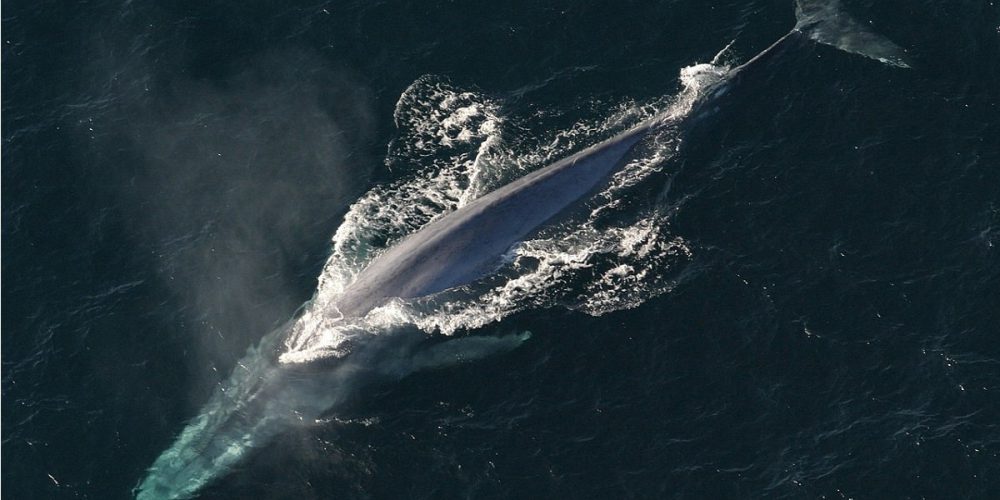
Iceland has resumed the inhumane hunting of Fin whales, all for commercial purposes. Fin whales are exported to Japan to be sold in vending machines. Despite the peace throughout the pandemic in recent years, Iceland decided to return to its old hunting habits for these large mammalian species.
The brutal fatality of the whales was, in fact, one of the reasons whaling was temporarily banned. Regular inspections conducted by Svandís Svavarsdóttir, Iceland’s Fisheries Minister, revealed that an astounding 40% of the captured whales take an average of 11 minutes to die. For some, the agony took up to two hours after being shot four times. These appalling results suspended whale hunting until August of 2023, as they did not meet Icelandic’s Animal Welfare Act. It was announced that on the 1st of September 2023, Hvalur, Iceland’s only hunting company still active, had set sail immediately to begin their merciless hunt.
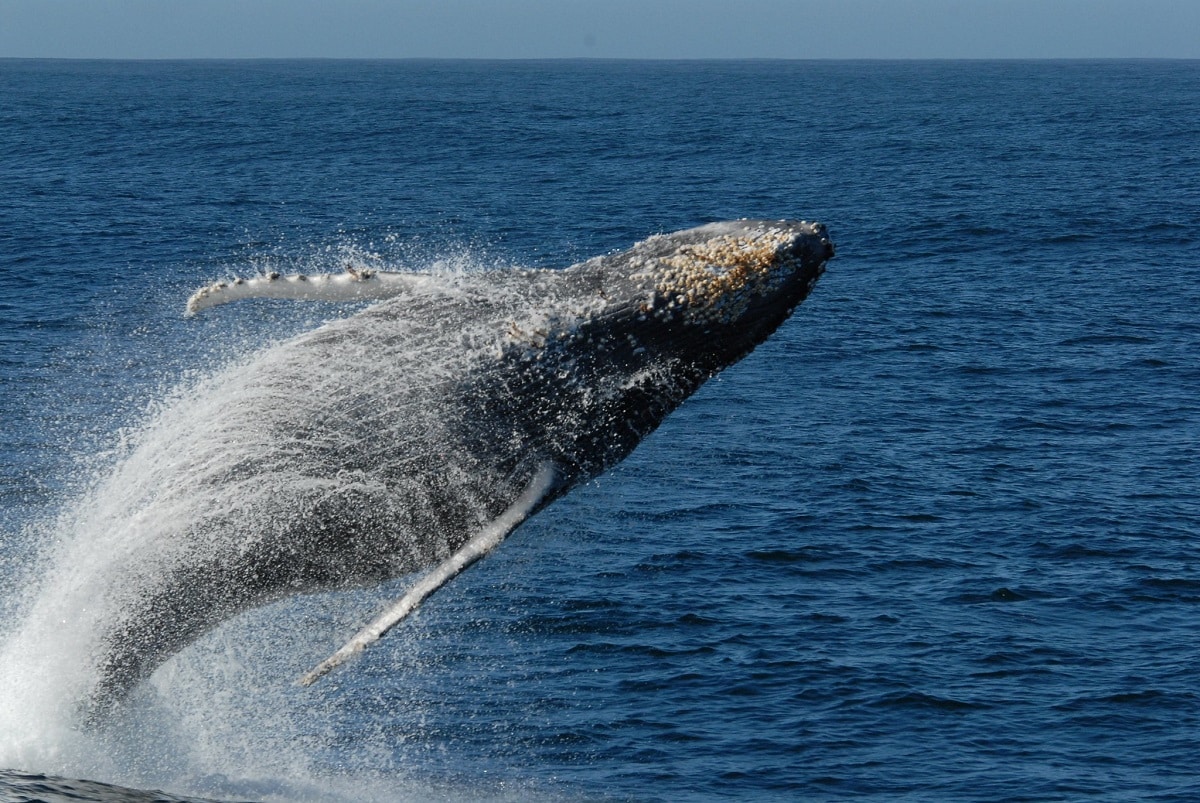
On the other hand, whale hunting should follow the Animal Welfare Act meaning that the hunting method needs to be updated and improved to reduce the suffering endured by the mammals. However, various counterparties argue that this way forward is irrational as it will not eliminate the torture and pain that come with killing the whales.
The International Whaling Commission (IWC), established in 1982, was the first initiative to halt whale hunting by 1986. Iceland was originally not opposed to the ban. However, the island resumed whale hunting as a “scientific whaling” program, which continued until 1989. In 1992, Iceland resumed hunting by arranging a ‘reservation’ from the law, causing controversy as countries were furious at Iceland’s attempt to bend international regulations. This went on until 2002 when Iceland decided to join the IWC again, only to lift the ban once more in 2006. At this point, Iceland appears to be playing a hunting game and engaging in egocentric law-bending. Since the ban was lifted in 2006, precisely one thousand fin whales have been murdered.
Balaenoptera physalus, Fin whales are the second-largest mammal in the world. They are listed as ‘Vulnerable’ by the IUCN (International Union for the Conservation of Nature). Nonetheless, the species is listed as ‘endangered’ in the North Atlantic Ocean, the ocean that comprises Icelandic waters. The species dominates specific bodies of water, namely in the Arctic, the Gulf of California, and the Coral Triangle in north Australian waters.
The fin whale was dubbed ‘razorback’, as its distinguished sharp back behind the dorsal fin, which is often seen splitting through the water. Fin whales also have an unusual feature of a white lower right jaw and black left lower jaw. This adaptation is used to spiral around and scare fish, using the white side to force them to huddle up in a larger group and allow for easier predation. Their physiognomy can reach over 20 meters in length and weigh close to 80 tonnes. Like humans, and most vertebrate animals feel stress and pain especially when they are shot and treated in such a diabolic manner.
Whales are crucial for the prosperity of marine ecosystems as they are the pinnacle that maintains the health of the marine environment. Their main threat is humans who hunt the whale for its baleen, meat, and oil. The IWC is working hand in hand with WWF (World Wildlife Fund) to conserve the species and prevent further commercial hunting that is deteriorating marine ecosystems as a result.
Despite all efforts by environmentalists and animal rights activists Iceland, Norway, and Japan are the three only countries that practice whale hunting. Iceland does not appear to have a persistent future in whale hunting unless the hunting technique is modified to follow Icelandic legislation.
With so many threats already faced by marine life, is it worth the investment, the time, and the whale’s life for its corpse to end up wrapped in plastic packaging, in a Japanese vending machine? Climate change, pollution, ocean traffic, and so many other anthropogenic hazards already place whales in an endangered situation.
Iceland’s reputation for whale hunting, particularly the hunting of vulnerable fin whales, raises ethical and conservation concerns. The brutal methods employed and the disregard for international regulations underscore the urgent need for stronger measures to protect these majestic creatures. With the multitude of threats facing marine life today, we must prioritize conservation efforts and rethink the impact of our actions on these vital components of our oceans. With Hvalur’s whaling license expiring in December 2023, we all hope that this will be the last we hear about the hunting of fin whales.
Fot. NOAA Photo Library

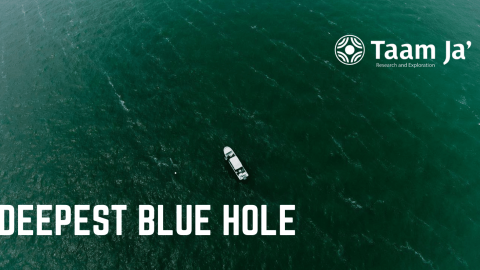
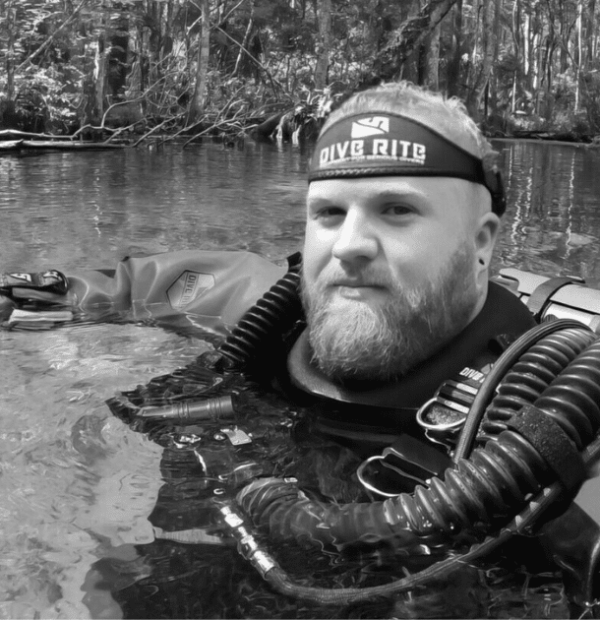

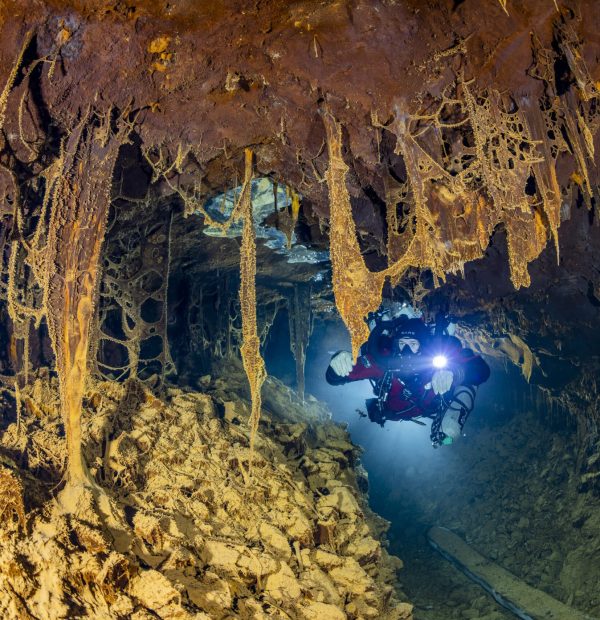
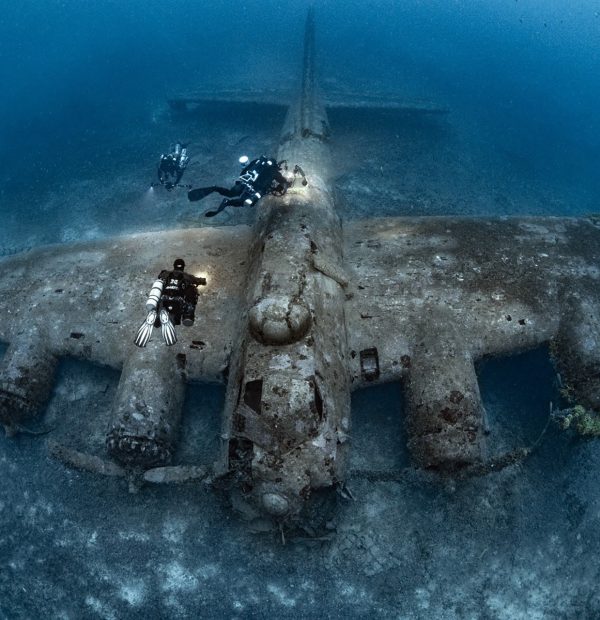

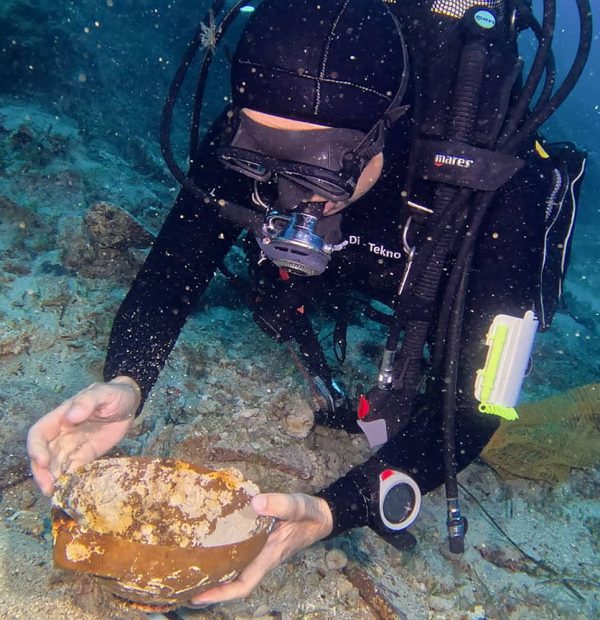
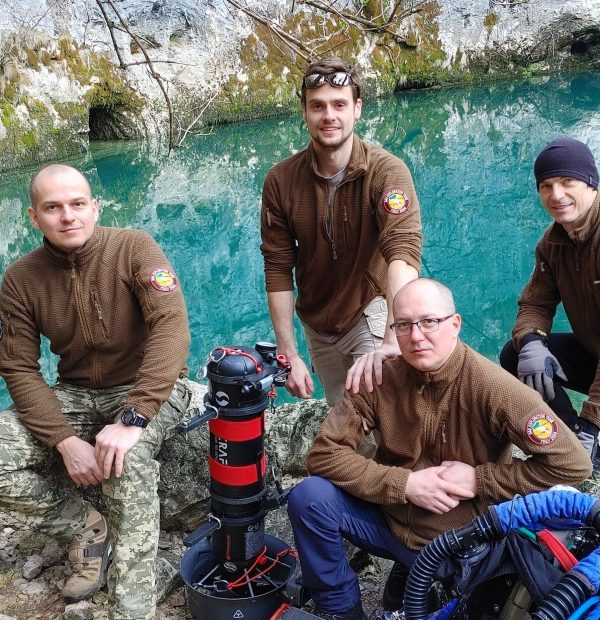

Welcome to DIVERS24.COM, your daily source of scuba news, freediving, scuba diving information, and equipment reviews. Our comprehensive coverage of the dive industry from A to Z provides you with all the latest scuba news, training updates, underwater photography tips, and everything else related to scuba diving. Whether you’re a beginner or an experienced diver looking for more knowledge about scuba gear or techniques – we’ve got it covered! With our in-depth articles written by experienced divers who have been there and done that, you are sure to find exactly what you need here at Divers24.com. Dive into scuba news today!
Underwater Media Sp. z o.o.
Szafarnia 11/F8,
80-755 Gdansk, Poland
Welcome to DIVERS24.COM, your daily source of scuba news, freediving, and scuba diving information. Sign in for a weekly news update and discount coupons for dive gear and apparel.
@2023 - underwatermedia.pl. All Right Reserved. Designed and Developed by Tworzenie stron internetowych Gdansk

The Divers24 portal is currently the largest online medium treating diving in Poland. Since 2010 we have been providing interesting and important information from Poland and around the world on all forms of diving and related activities.
Contact us: info@divers24.com